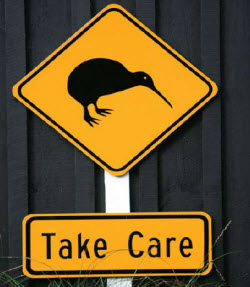 Growth in private label (or store brand) is approaching 20% of dollar value in the US with this market segment being driven by affluent households, according to FoodandDrinkEurope.com.
Growth in private label (or store brand) is approaching 20% of dollar value in the US with this market segment being driven by affluent households, according to FoodandDrinkEurope.com.
Citing research by Nielsen Company, the report adds that there has been a fundamental shift in the demographics most likely to purchase store brands with those households earning over $100,000 (NZ$140,000) a year representing the fastest growth segment of store brands.
More affluent households have been driving trip growth to retailers while low income consumers, middle income households have had to pull back in a much stronger way,” the report says, quoting Todd Hale, senior vice president for the Nielsen Company.
This was because more affluent households tended to be better educated, had seen their financial situations worsen and were more likely to be looking for ways to save money, according to Hale.
“I’m often quoted as saying that poor people need low prices but rich people love low prices,” he said.
Store brands advanced to a 17.35 share of dollars and a 21.9% share of units by March 2010, Nielsen said, up 2.1 and1.9 points respectively from 2007.
However, the branded products still rule the grocery store, accounting for 82.7% of dollar sales and 78.1% of unit sales.
According to Mintel, private label sales account for more than $81 billion in the US, with health and wellness claims including no trans fats, no saturated fats, multi-grains and antioxidants among the strongest-growing categories. The market researcher claims that this is a result of store-brand food manufacturers attempting to surpass their branded rivals in terms.




